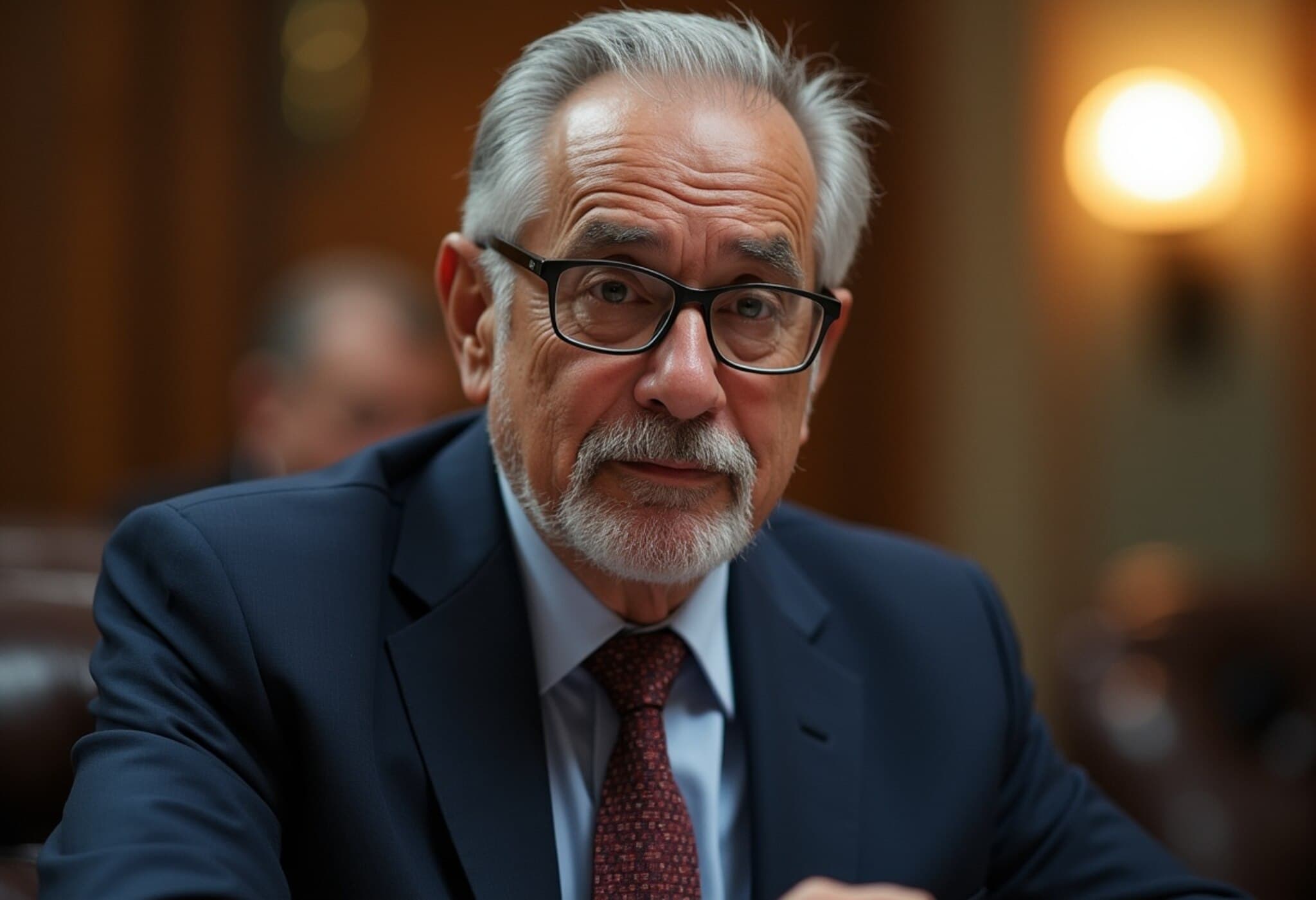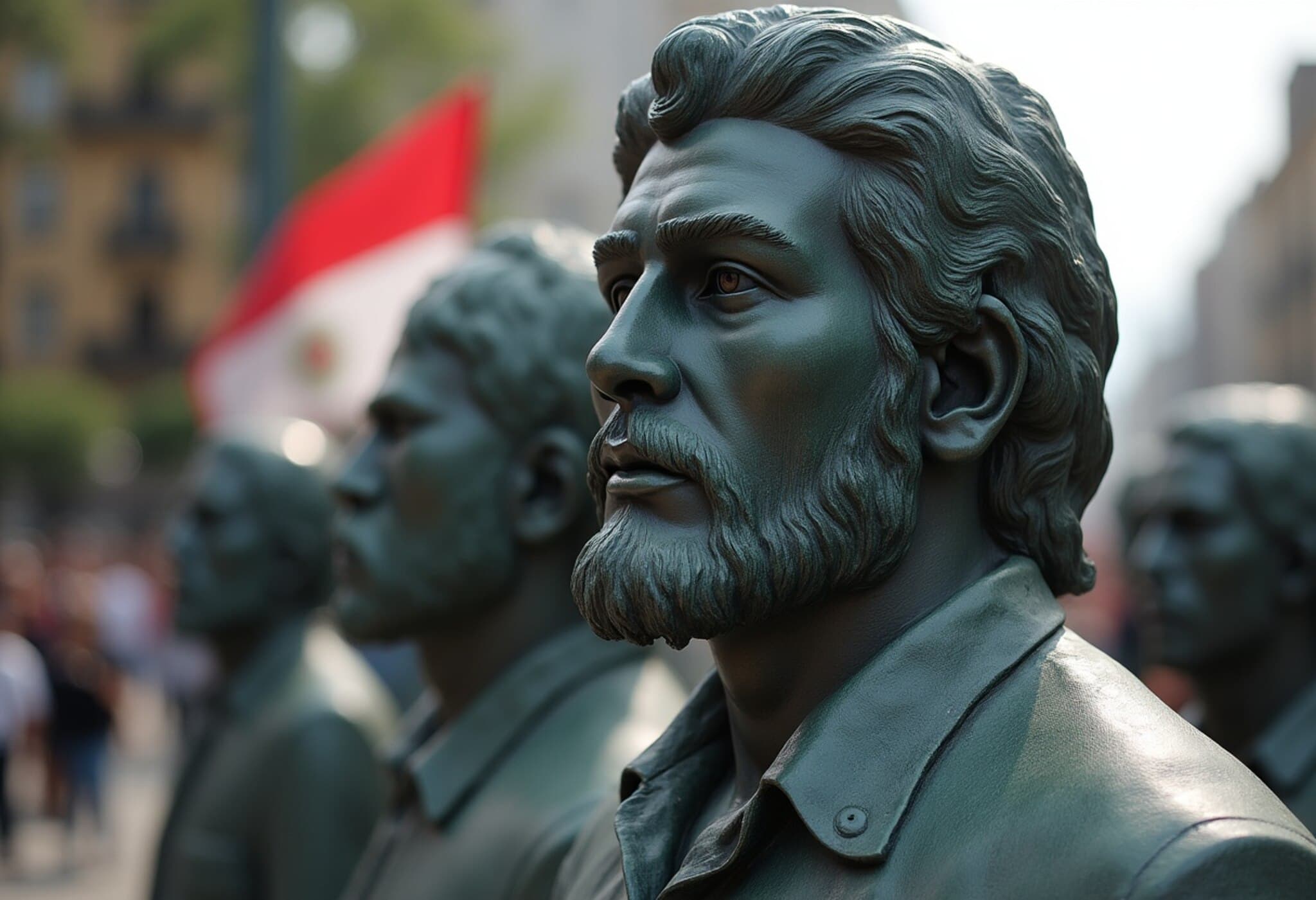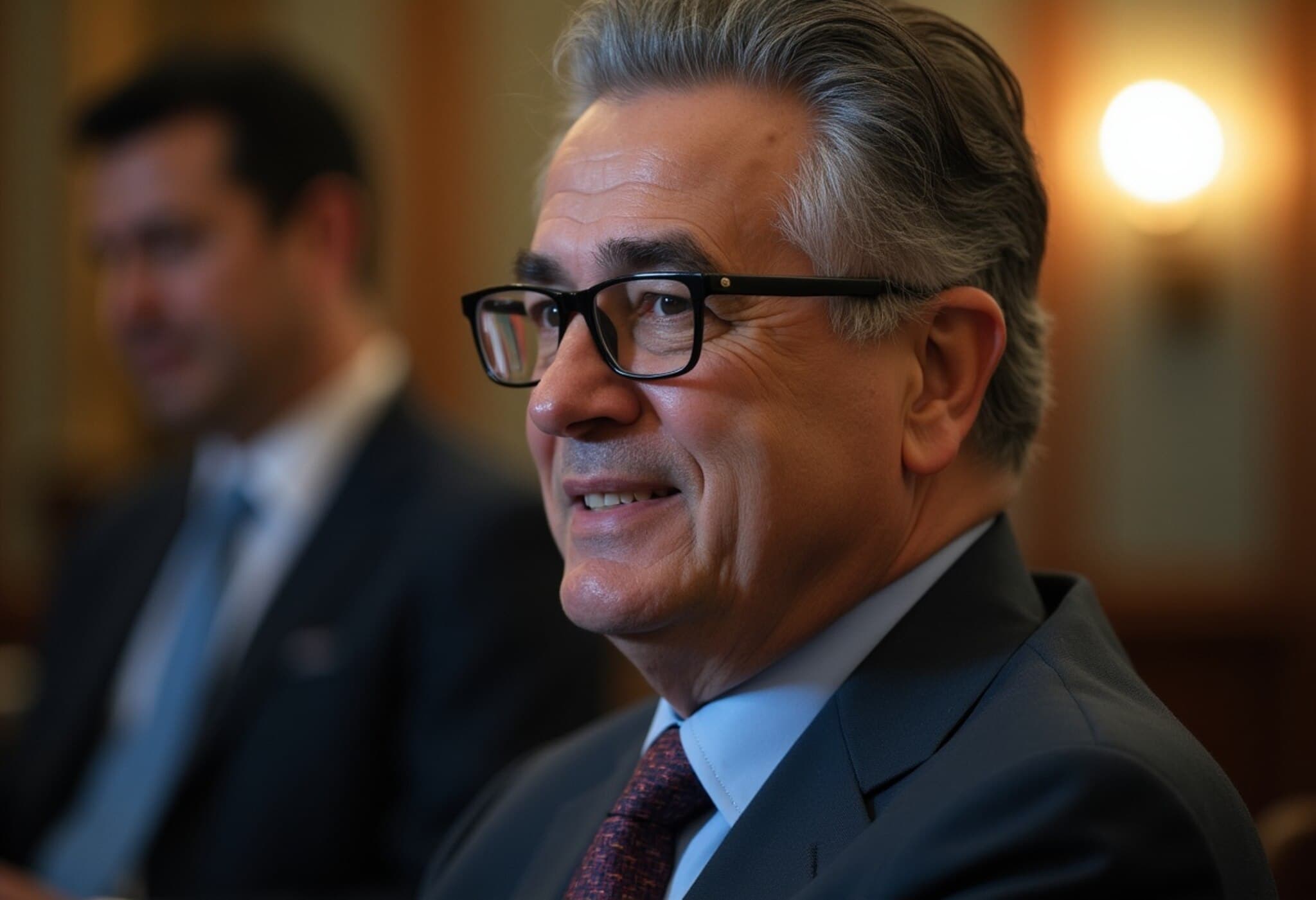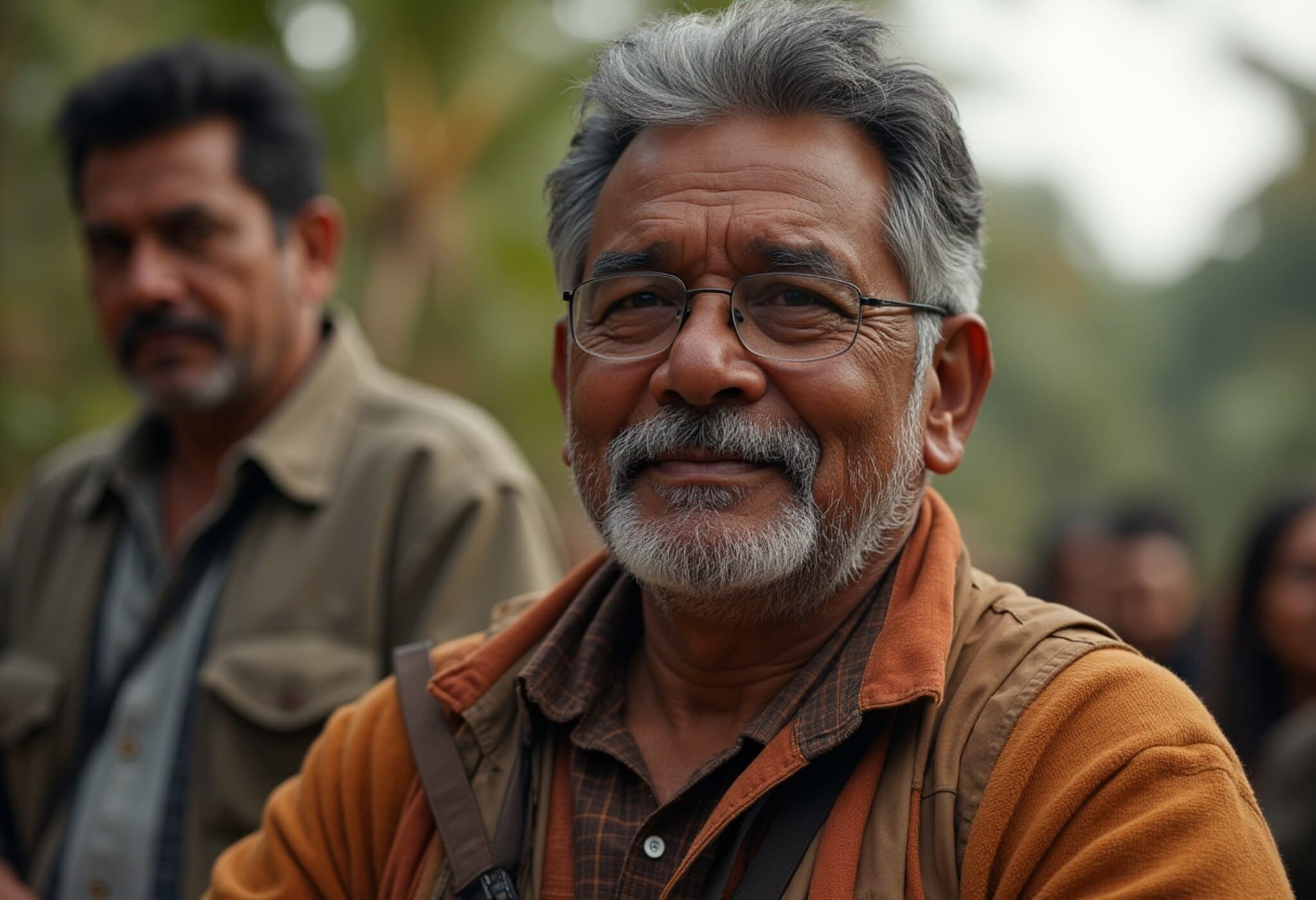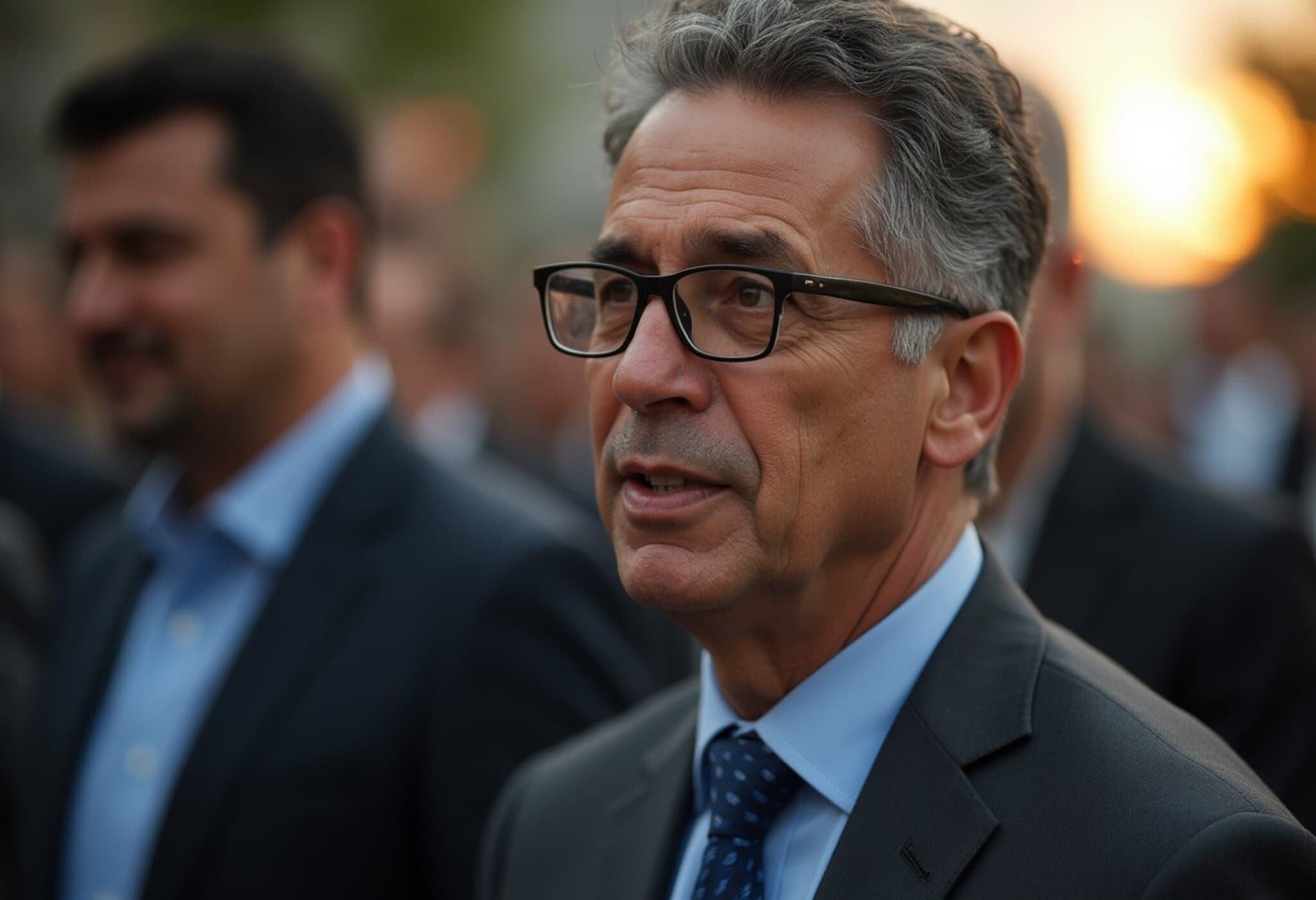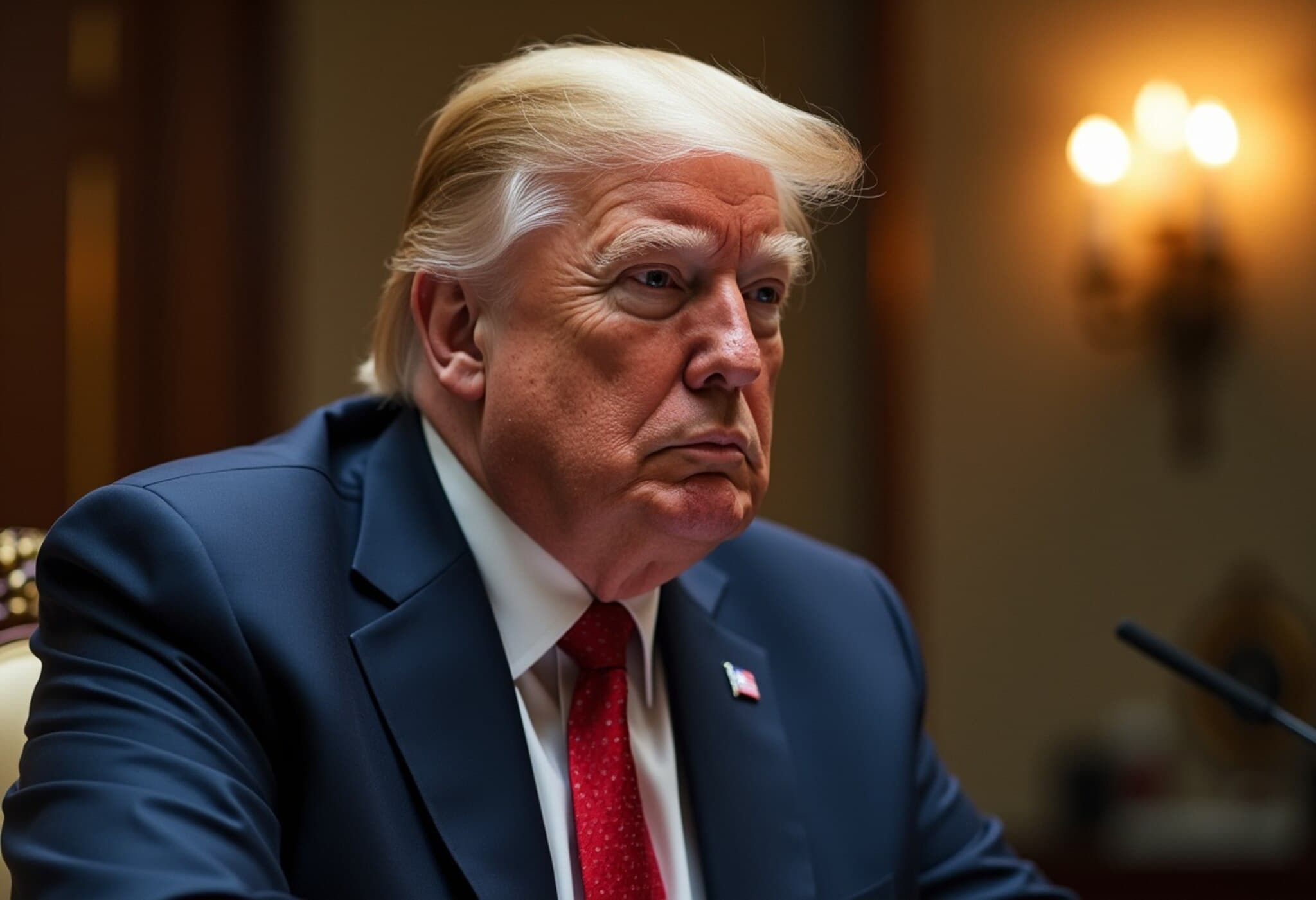Colombia's Former President Álvaro Uribe Sentenced Amidst Political Turmoil
In a historic judicial development, former Colombian President Álvaro Uribe, aged 73, has been sentenced to 12 years of house arrest after a court found him guilty of bribing a public official and obstructing the legal process. This verdict, handed down by Judge Sandra Liliana Heredia on Monday, stems from a case that has spanned more than a decade.
Details of the Verdict and Penalties
Alongside his house arrest sentence, Uribe is required to pay a fine of $578,000. The official announcement of the sentencing will take place in court on Friday. This ruling marks a watershed moment in Colombia’s political and judicial landscape, as it is the first time a former Colombian president has been convicted in a court of law.
Political Context: Upcoming 2026 Presidential Elections
The ruling falls in the shadow of Colombia’s 2026 presidential elections, where a number of politicians allied with Uribe are poised to run. Analysts foresee the verdict potentially reshaping the political scene, as Uribe’s influence remains substantial despite the conviction.
Implications for Colombia-U.S. Relations
Beyond Colombia’s borders, this case could reverberate internationally, particularly affecting Colombia's diplomatic and aid relations with the United States. Senator Marco Rubio criticized the ruling, labeling it as an example of the ‘weaponization’ of Colombia’s judiciary by what he terms ‘radical judges.’ This perspective raises concerns about possible reductions in U.S. financial aid to Colombia, a matter that could have significant socio-economic impacts.
Controversies and Reactions
Uribe and his supporters steadfastly deny any wrongdoing, framing the case as politically motivated persecution. Conversely, critics argue the conviction is a milestone in holding powerful figures accountable, especially given longstanding allegations linking Uribe to right-wing paramilitary groups, which he has never been legally convicted for until now.
Legal Issues at the Heart of the Case
The conviction centers on accusations that Uribe attempted to manipulate witnesses in a previous legal proceeding involving him. This has raised critical discussions around judicial independence, political influence, and the rule of law in Colombia.
Expert Commentary: What This Means for Colombia’s Democracy
Dr. Isabel Martinez, a Colombian political analyst and legal scholar at the University of Bogotá, notes, “This verdict is emblematic of Colombia’s ongoing struggle to strengthen its judicial institutions and confront entrenched powers. While controversial, it could serve as a precedent for future cases involving political figures.”
Such a high-profile conviction amid an approaching election year also stokes questions about the balance between justice and political maneuvering. Could this embolden Colombia’s judiciary to pursue other corruption cases, or will it deepen political polarization? The coming months will be critical in answering these questions.
What Lies Ahead?
- Legal Appeals: Uribe’s legal team is expected to appeal the sentence, which could prolong the judicial saga.
- Political Fallout: Allies of Uribe may recalibrate their strategies for the 2026 elections.
- International Diplomacy: Monitoring U.S.-Colombia relations and foreign aid decisions will be essential.
Editor’s Note
Álvaro Uribe’s sentencing opens a crucial chapter in Colombia’s democratic evolution, reflecting tensions between entrenched political power and judicial accountability. As the nation prepares for the 2026 elections, this verdict offers a compelling case study on how legal frameworks interact with political dynamics. Readers should watch closely how this precedent shapes Colombia’s governance, foreign relations, and the broader fight against corruption. The situation also invites reflection on the risks and rewards of pursuing justice against influential leaders in emerging democracies.

